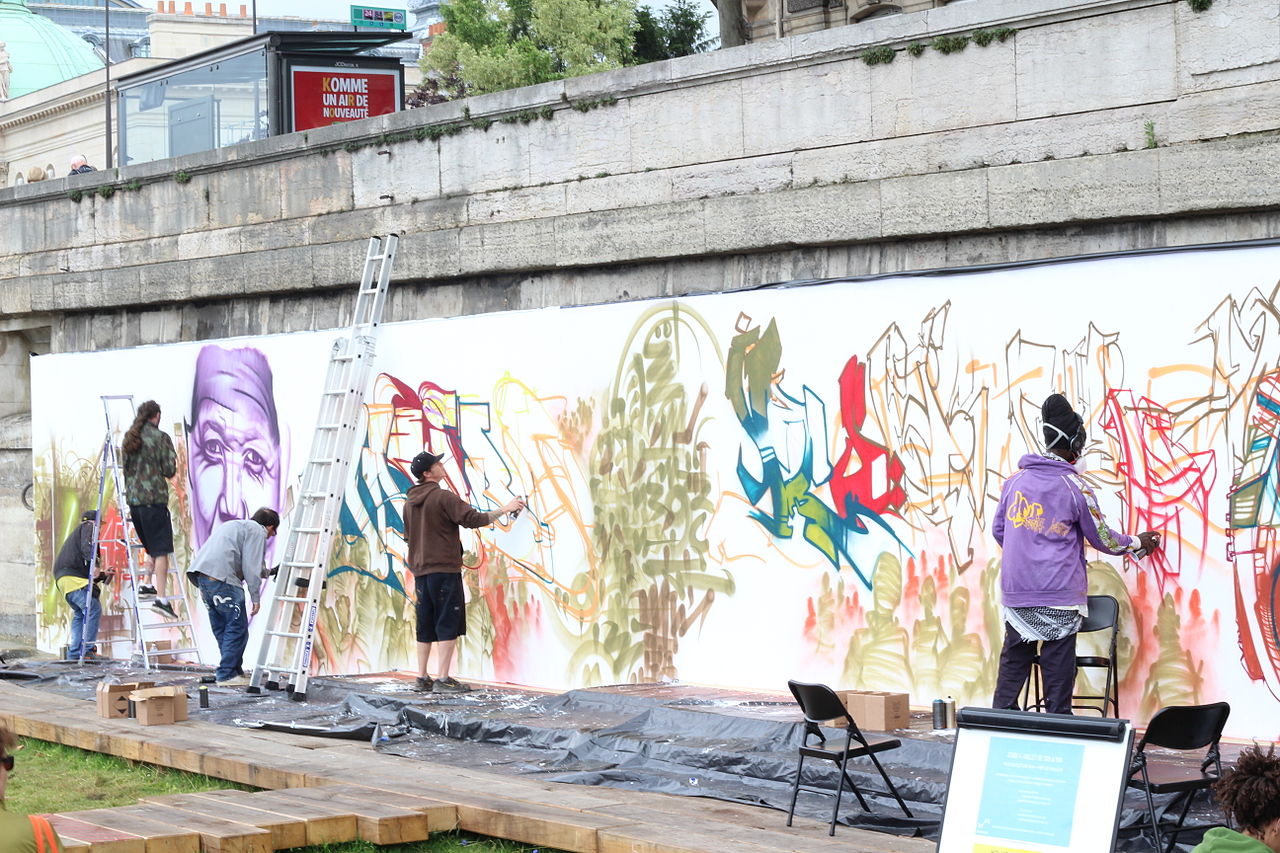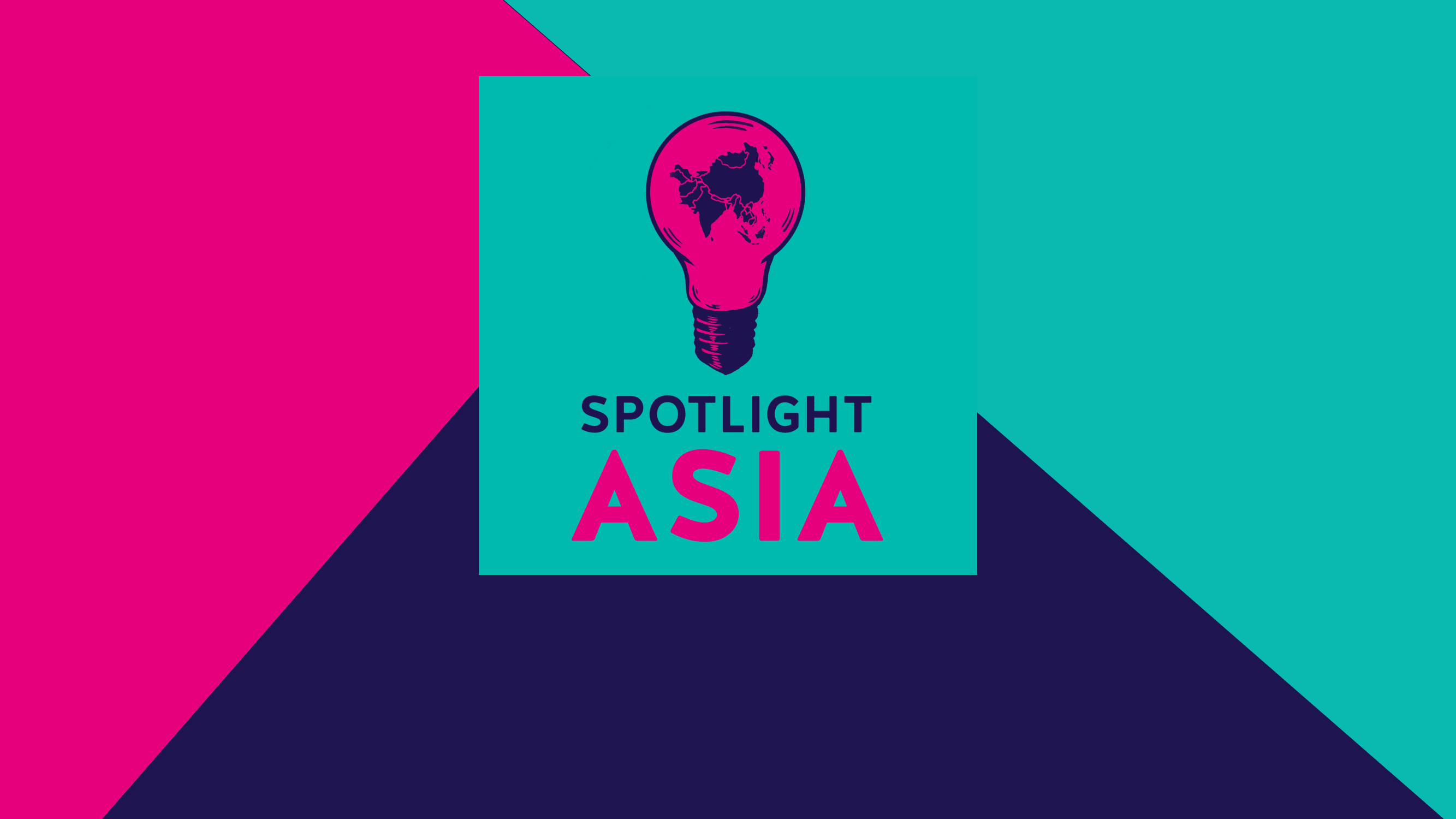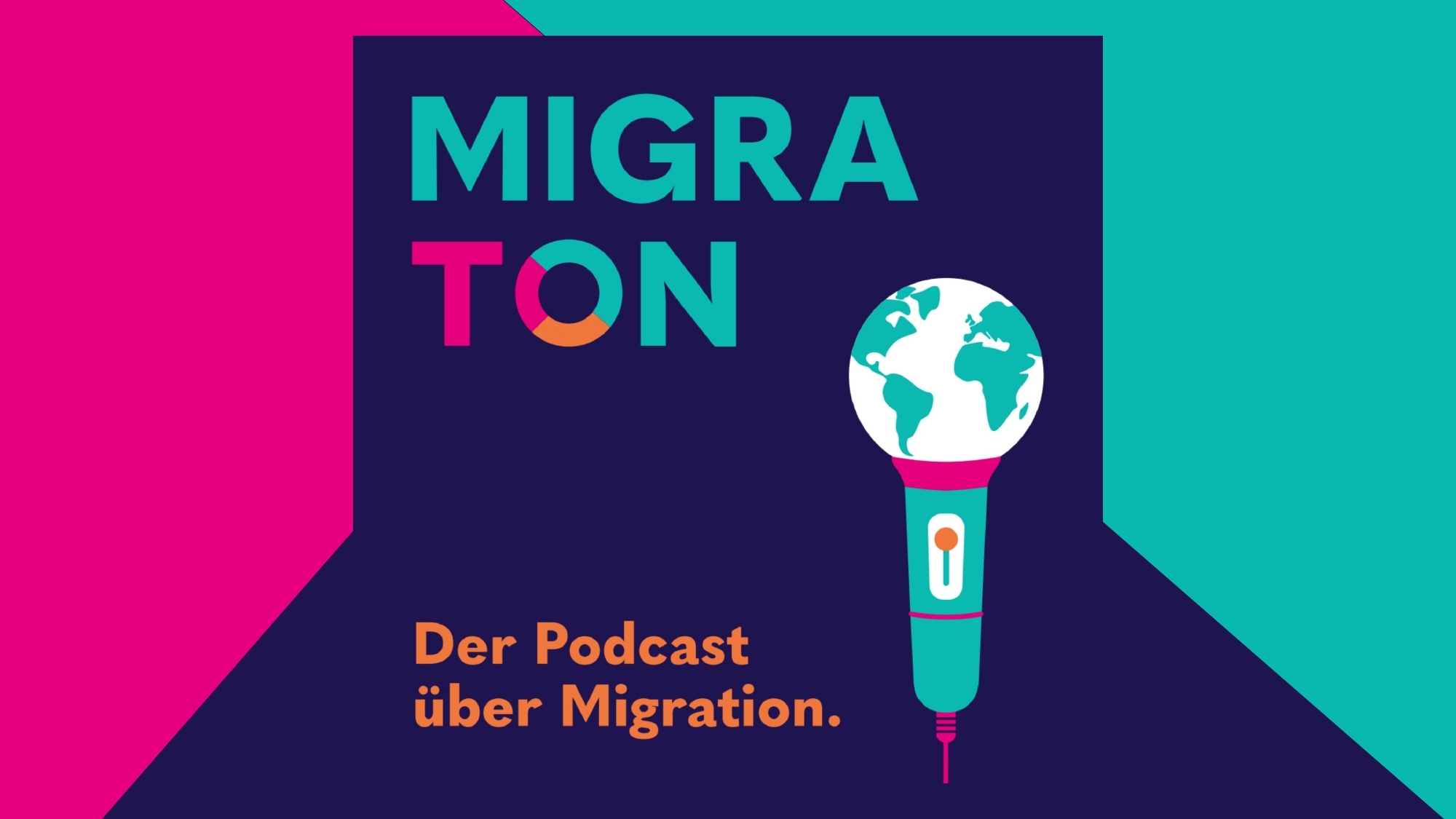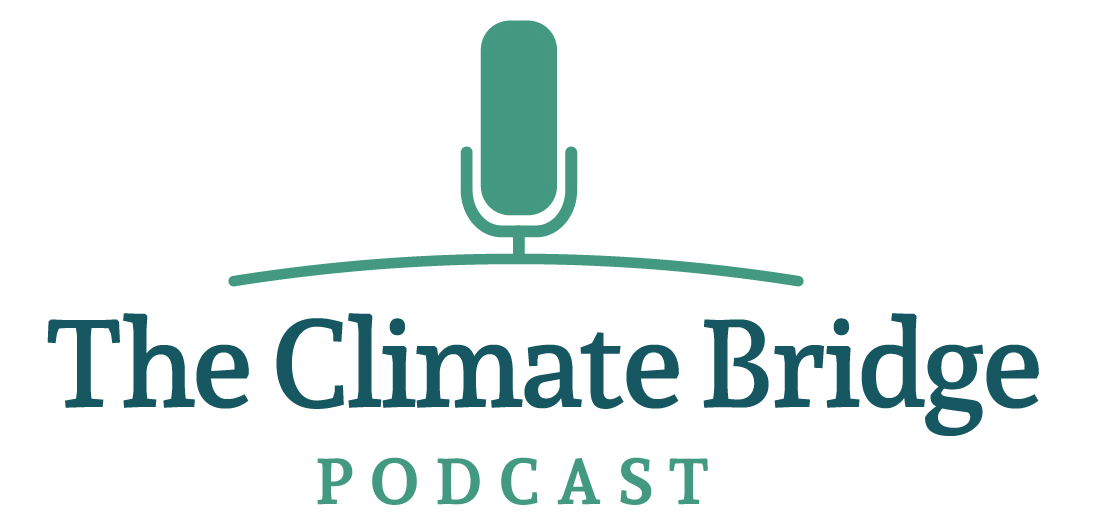16 FEB | Youth – Conflict – Urban Spaces: Decreasing Inequality, Fostering Participation
 Youth – Conflict – Urban Spaces: Decreasing inequality, fostering participation
Youth – Conflict – Urban Spaces: Decreasing inequality, fostering participation
16 February 2017
06:00pm – 08:00pm
@ Hertie School of Governance, Berlin
The Peace Support Team of the Peace & Security Programme of Polis180 invites you to discuss issues in relation to “Youth – Conflict – Urban Spaces” with the UN Habitat Youth Advisory Board at the Hertie School of Governance. The event is organised in cooperation with the United Nations Association of Germany (DGVN). It aims at offering students and young professionals the opportunity to engage in an open dialogue with experts from civil society, public authorities and academia.
The role of youth in sustainable urban development.
Sustainable urban development has become a key area of concern for policy-makers across countries and levels. As such, the topic has been included in the UN’s Agenda 2030, namely in SDG 11 “Make cities and human settlements inclusive, safe, resilient and sustainable”. The “New Urban Agenda” adopted in Quito during the Habitat III conference in October 2016, has taken this process to the next level. The agenda sets out clear, concise goals and targets for a sustainable, inclusive urban development.
“Youth – Conflict – Urban Spaces” aims at highlighting and exploring the potential young people can exercise in shaping sustainable urban spaces for all. The evening is devoted to the diverse aspects of the following key question which we would like to discuss with you and the UN-Habitat Youth Advisory Board:
How can young people be better and more successfully included in urban development processes, hence contribute to reducing social and economic inequality and ultimately, the risk of violent conflict?
We are counting on you.
Get involved – because Polis180 gets involved! Together, we will strive to develop innovative solutions paving the way for the future work of the Youth Advisory Board. To that end, we are counting on YOUR creative input and expertise!
Interested? Awesome! Please send a brief email application to elsa.benhoefer@polis180.org by February 10, indicating
- Why you would like to participate in the event? In which working group would you like to work in?
We are looking forward to your application!
What’s going to happen during the event.
Three key topics are on the agenda which have been selected based on an analysis of the “New Urban Agenda” – UN Habitat’s recent declaration on urbanisation and urban development – in relation to emerging challenges in the context of Berlin. The topics include:
- Social Segregation
- Sustainable Development
- Integration
Members of the UN-Habitat Youth Advisory Board will open the discussion presenting keynotes. Hereafter, three working groups, will discuss and assess the three pre-selected topics. Their goal will be to draft policy recommendations to be included in the Board’s “Berlin Declaration”. Participants will have the opportunity to discuss their concerns and ideas with representatives of the UN-Habitat Youth Advisory Board, the city of Berlin, experts from civil society and academia.
In a concluding step, the results compiled by the three working groups will be taken to the panel discussion aiming to link the different topics, levels and perspectives by integrating them into a global context. Panellists will be representatives from the UN-Habitat Youth Advisory Board, the city of Berlin as well as non-profit organisations.
What you should know about our Guests.
In order to better include youth voices in sustainable urban development, UN Habitat created the UN-Habitat Youth Advisory Board, bringing together 16 youth activists from all continents. The Board advises UN-Habitat – the UN’s urban development programme – on strategies to engage young people in sustainable urbanisation and urban development. Beyond, the Board represents youth in local, national and international forums. As part of their world tour, the Youth Advisory Board is going to visit Berlin to engage in a dialogue with German policy-makers at various levels and learn about the city’s specific challenges and approaches taken.
Kindly supported by the DGVN and the Hertie School of Governance.
Online-Buchungen sind für diese Veranstaltung nicht verfügbar.


